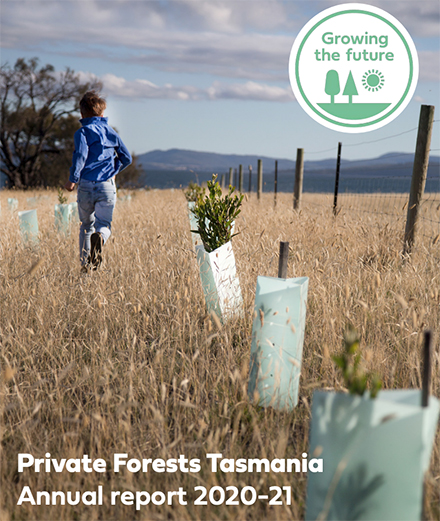The scale of the decline in Tasmanian plantation area while timber supply shortages persist, remains an important focus for the ongoing work program of Tasmania’s private forests group. Source: Timberbiz
Private Forests Tasmania chairman Evan Rolley, in PFT’s annual report tabled in State Parliament, said the solutions to arresting the decline in plantation area required collaboration throughout the supply chain and new partnerships with landowners and parties seeking the opportunity to contribute to improving environmental and timber supply outcomes.
He said PFT had invested in projects to improve productivity in the existing forest estates, supporting innovation and value-adding to the existing harvested resource.
“This Annual Report clearly demonstrates the value proposition of PFT’s work program and the benefits that are flowing to all private forest owners,” Mr Rolley said.
PFT chief executive officer Penny Wells said the Tree Alliance marketing campaign, launched in October 2020, had helped form partnerships with a range of private forestry stakeholders across the forestry, agriculture, education, carbon providers, research and development, and natural resource management sectors.
“These, and future partnerships, will greatly assist us in advancing our goals,” she said.
A central focus for the year was establishing landscape-scale demonstration sites across seven different enterprises around Tasmania.
“These sites highlight the benefits of integrating commercial tree plantings in different farming systems,” Ms Wells said.
The next 12 months would include a second round of grants for farm forestry establishments, the release of the TreeMapper app, a continued focus on strengthening Tree Alliance partnerships as well as establishing new partnerships, and the development of a new three-year strategic plan.
Engagement with all PFT stakeholders would continue as PFT worked with the industry to facilitate and expand the development of Tasmania’s private forest resource.






